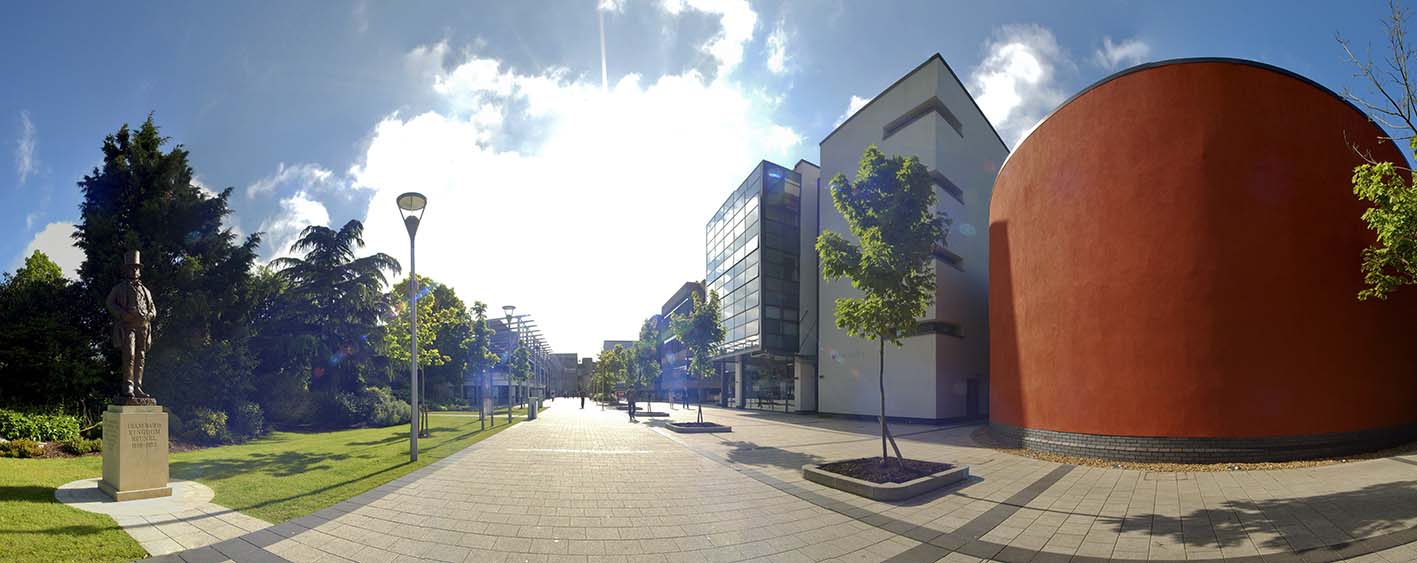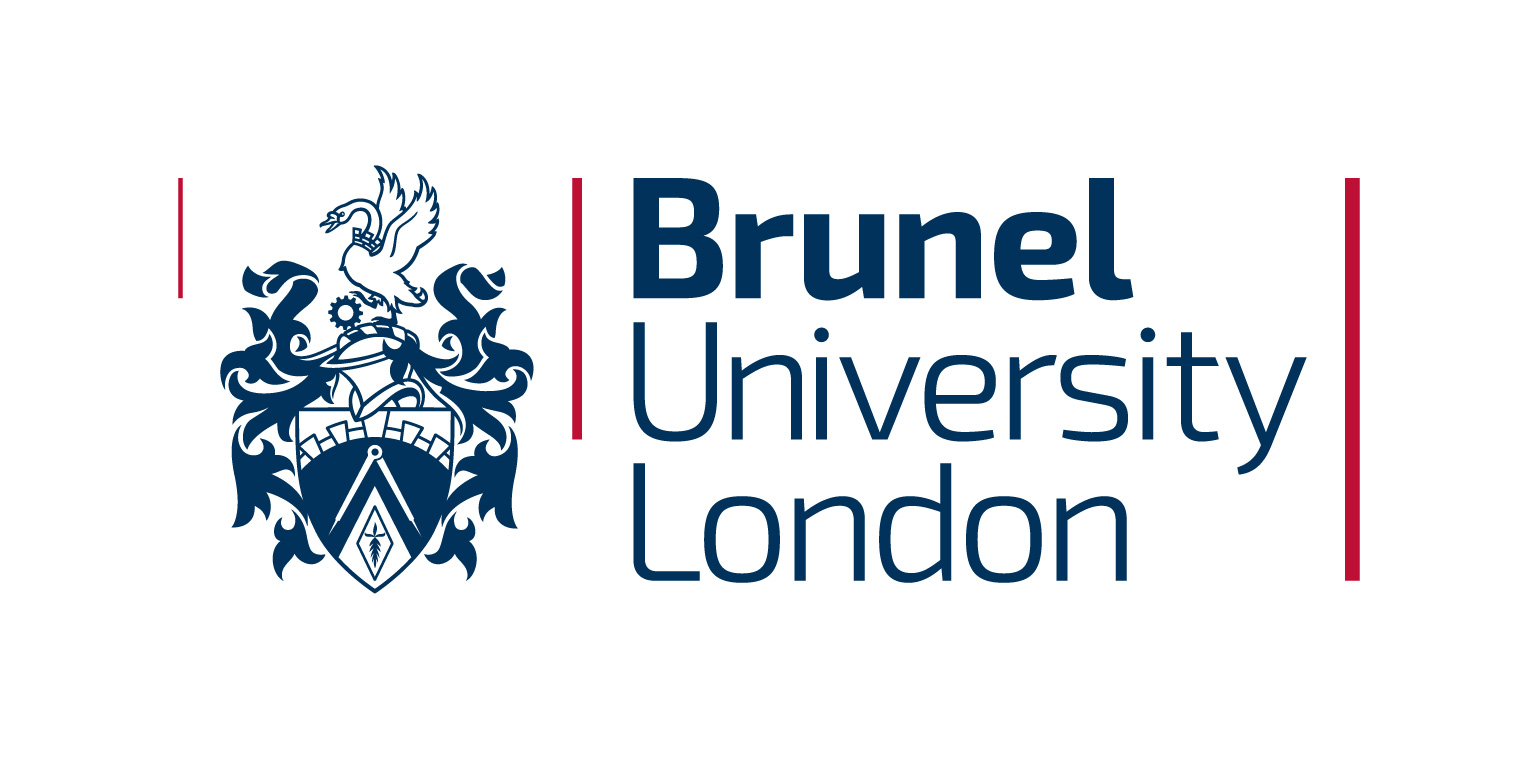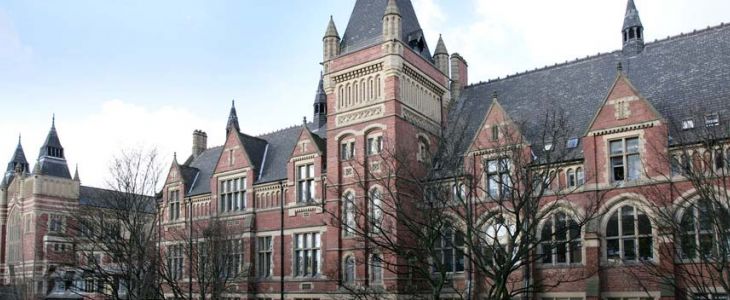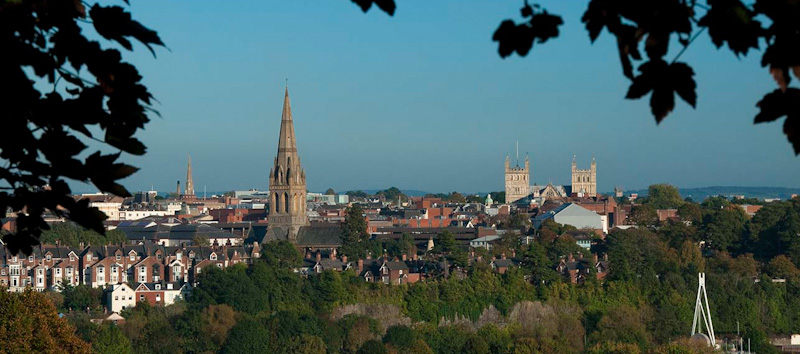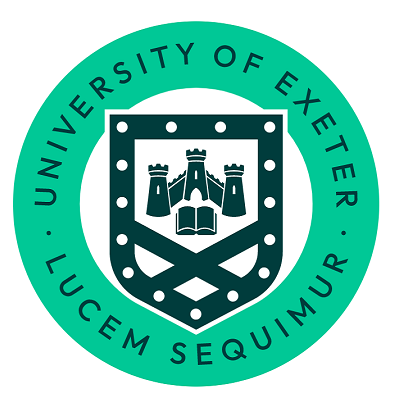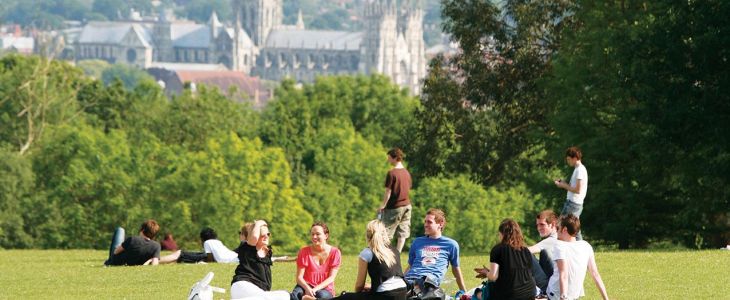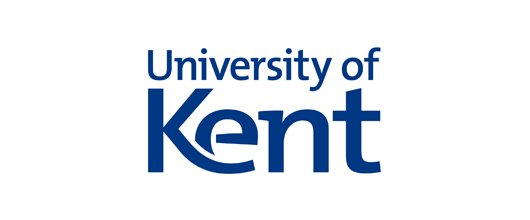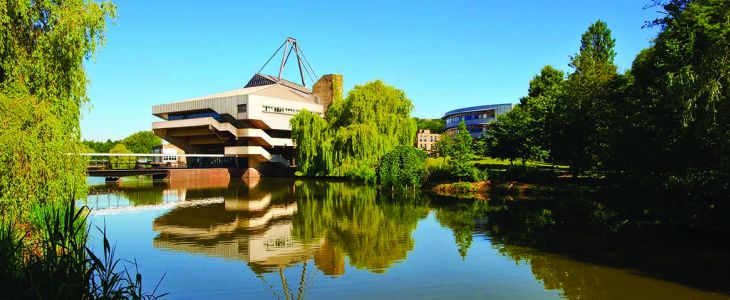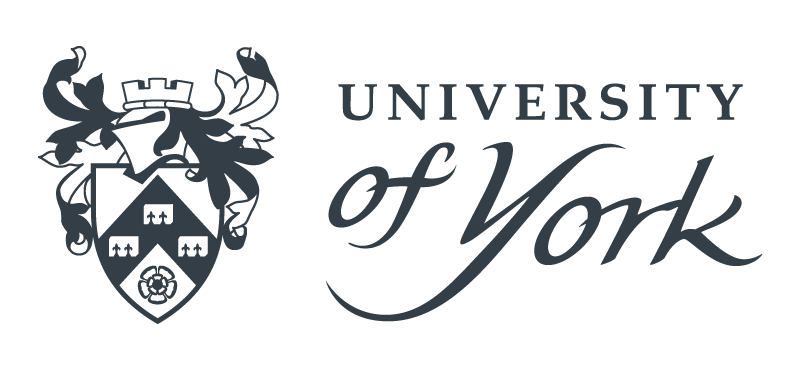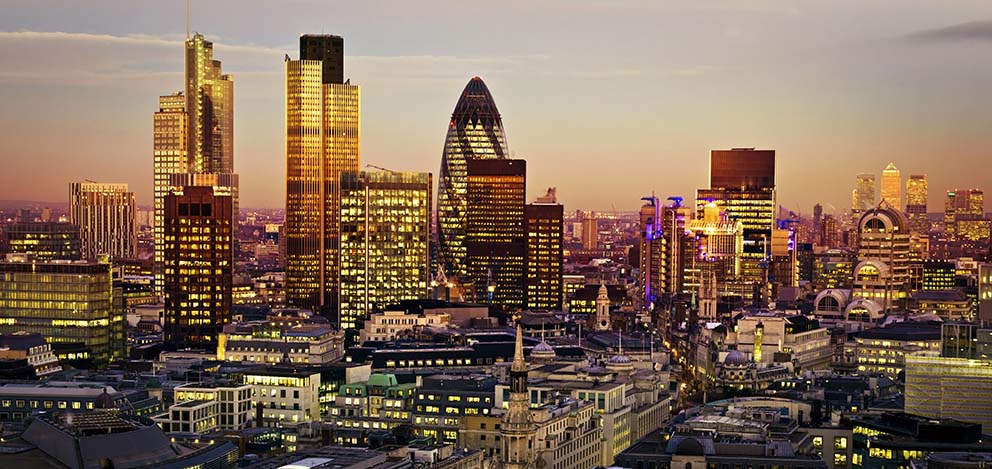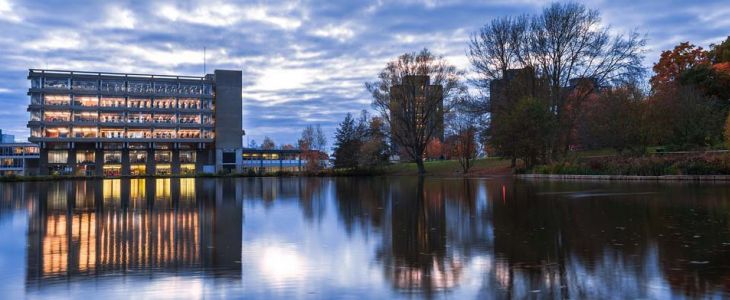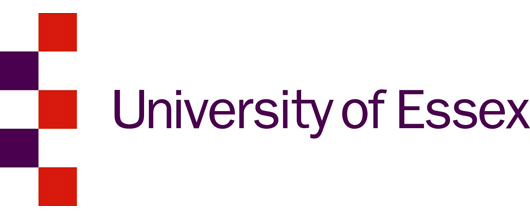All but one of the Canadian provinces uses the Common Law legal system, the same system used by one third of the worlds population today. Therefore, if you are a future Canadian lawyer you will likely be practicing and living under Common Law. So, why not study where it all began?
Common Law began in England during the Middle Ages under King Henry the II. When you attend one of CLFAs preferred UK Law Schools not only do you get the opportunity to study law from world class experts, but you get to do so while surrounded by centuries of legal history.
When you need a study break during your academic adventures, you wont want to miss these top law destinations found in Englands capital.
1. The Old Bailey
With the golden Lady Justice standing on guard atop of this iconic London building, the Old Bailey, known as The Central Criminal Court of England and Wales, is a place no future lawyer should skip. Inside the Old Bailey all major criminal cases from the Greater London area are tried and these trials are open to viewing from the public galleries. The building received its name as it was built along Londons original fortified walls and has a long history dating back to 1674. Here, many of Englands most notorious and violent criminals were sentenced to hanging in the public square between the Court and the Newgate Prison. Entry is free and privately booked guided tours run as cheap as 6.
2. Temple, London and The Inns of Court
There are four historic Inns of Court: Lincolns Inn, Inner Temple, Middle Temple and Grays Inn, where barristers in training traditionally received their legal education. If you are a City Law School student you will become very familiar with the Inns of Court as they are now a part of the campus. The Inns of Court were the first providers of legal education in England and each society dates to Middle Ages. The Inner and Middle Temple are named after the Knights Templar, whereas Lincolns Inn is named after the Third Earl of Lincoln, and Grays Inn after the Baron Grey of Wilton. The Inner and Middle Temple are located in-between the Dickson Poon School of Law at Kings College London and the Royal Courts of Justice, and Grays and Lincolns Inn are located in the nearby London Borough of Camden. Some of their famous alumni include Francis Bacon, Margaret Thatcher, and William Osgoode the first Chief Justice of Ontario. Private and group visits can be booked at the individual Inns of Court and range from complimentary to 25 for guided tours.
3. Royal Courts of Justice
A place no law student should miss while in London! The Royal Courts of Justice is one of the largest courts in all of Europe. In 1882 the impressive Victorian Gothic building was opened by Queen Victoria herself. The Royal Courts of Justice still contain the High Court and the Court of Appeal for England and Wales. The Royal Courts are just a stones throw from the Old Bailey, the Inns of Court, and Kings College Londons Dickson Poon School of Law. Entry is free but their two hour guided tours are 12. You may briefly watch a High Court Case from the public gallery, view exhibits on historical legal costumes throughout history, famous works of art, learn about of the Courts most famous cases, and see firsthand the original court documents from the Guy Fawkes trials.
4. Palace of Westminster
The Palace of Westminster should top the site-seeing list for anyone lucky enough to make a visit to London. While this place likely needs no introduction, Westminster is the UKs current parliament building and was formerly used as a private Royal residence. Rebuilt after the great fire of 1834, the palace holds both the House of Commons and the House of Lords. The House of Commons, like in Canada, is where elected Members of Parliament meet to discuss and implement laws and legislation. The House of Lords acts much like our Canadian Senate with appointed membership. You can have a guided tour of the Palace and visit the Lords Chamber, Princes Chamber, Commons Chamber, Westminster Hall, St. Stephens Hall, the Royal Gallery, the Queens Robing Room, and more. The student price for a guided tour is 20, and its well worth each penny. For an additional 27.50 you can enjoy a high tea in the Terrace Pavilion.
5. The Supreme Court
Not every legal hotspot in London is historical. You might be surprised to know that Canadas Supreme Court outdates the one in England by a whopping 134 years. However, that doesnt mean that the UKs Supreme Court, created in 2009, isnt a must see for students. The Supreme Court is the highest court for legal matters in the country and took over the judicial functions of the historic House of Lords housed in the Palace of Westminster. The Supreme Court can be found just around the corner from Westminster in the 1906 Grade II listed historic Middlesex Guidehall. With a caf, gift shop, and permanent exhibits, you can join one of the Courts hour long guided tours (3.50 for students), opt to do a self-guided tour for 1, or get in on the legal action by observing real cases while the court is sitting.
Travel opportunities are just one of the many perks to studying law with one of our preferred law schools. Studying in the UK isnt just all about the degree; its also about living the international experience. CLFA encourages you to craft your law education inside and outside of the classroom in ways you simply cant by studying at home.
Sources Referenced
1). The Old Bailey:
https://www.cityoflondon.gov.uk/about-the-city/about-us/buildings-we-manage/Pages/central-criminal-court.aspx
http://old-bailey.com/old-bailey-insight/
http://old-bailey.com/legal-london-tour/
2). Inns of Court:
http://www.middletemplehall.org.uk/tours-of-middle-temple-hall.html
http://www.innertemple.org.uk/index/guided-tours
https://www.graysinn.org.uk/joining/tours
http://www.lincolnsinn.org.uk/index.php/tours-and-visits
3). The Royal Courts of Justice
https://www.justice.gov.uk/courts/rcj-rolls-building/rcj/tours
4). Palace of Westminster
http://www.parliament.uk/visiting/visiting-and-tours/tours-of-parliament/guided-tours-of-parliament/
5). The Supreme Court
https://www.supremecourt.uk/visiting/guided-tours.html
Bonus: Magna Carta
http://www.bl.uk/magna-carta
